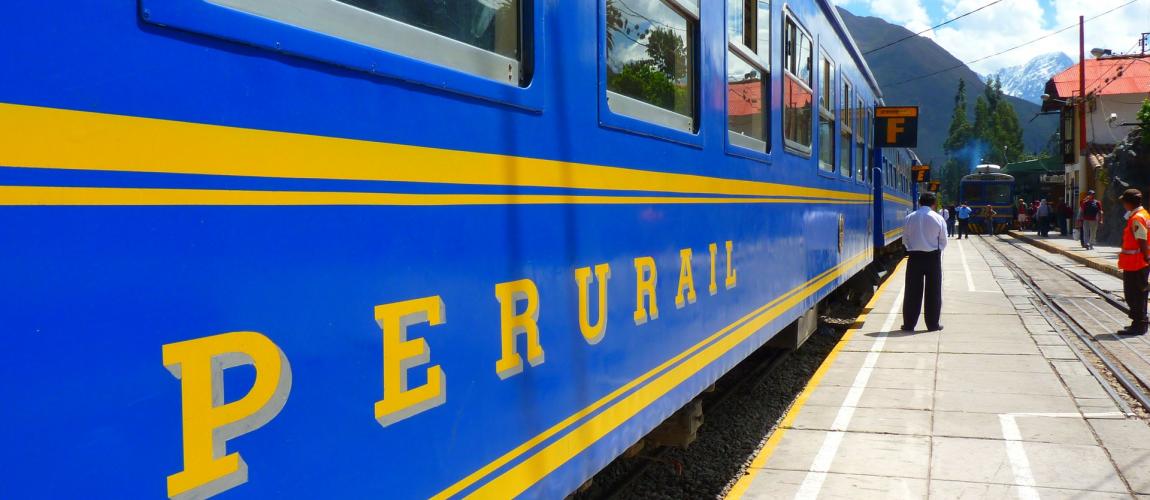Track Access Agreements - Latin America and the Caribbean

Photo Credit: Image by LoggaWiggler from Pixabay
The management and operation of railway lines in Latin American and the Caribbean is traditionally based on concession contracts. The concessionaire is typically granted the exclusive right to manage and operate a railway system but has the obligation to grant access rights against a fee. Mandated track access is usually limited to specific third-party operators or applies to certain routes or networks only.
For further information visit Track Access Laws and Regulations.
Some countries have gone further and have introduced open access on all or some railway lines. Examples are Peru (open access applies for passenger and freight services - concessionaires are also obliged to separate infrastructure management and operations) and Chile (introduced open access on some lines for freight services).
Examples of track access arrangements are set out below:
Bolivia - Chile
Peru
The inclusion of or reference to any materials on this website does not mean that they are in any way approved, endorsed or recommended by The World Bank, the Public-Private Partnership Resource Center or by the donors who support the website. The Public-Private Partnership Resource Center accepts no responsibility or liability whatsoever with regard to the materials on this website.
The materials are:
- not necessarily comprehensive, complete, accurate or up to date;
- sometimes linked to external sites over which the Public-Private Partnership Resource Center has no control and for which the Public-Private Partnership Resource Center assumes no responsibility;
- reference materials for information ONLY. They should not be relied on as a substitute for specific legal advice (if you need specific legal advice, you should always consult a suitably qualified professional).
The goal of the Public-Private Partnership Resource Center is to keep the information on this website timely and accurate. If errors are brought to our attention, we will try to correct them. Please contact us at ppp@worldbank.org.
Updated: July 22, 2024